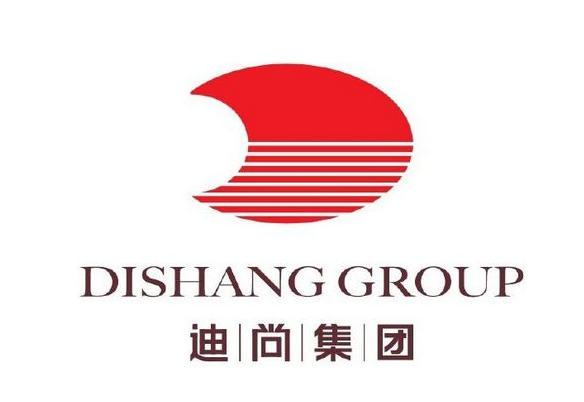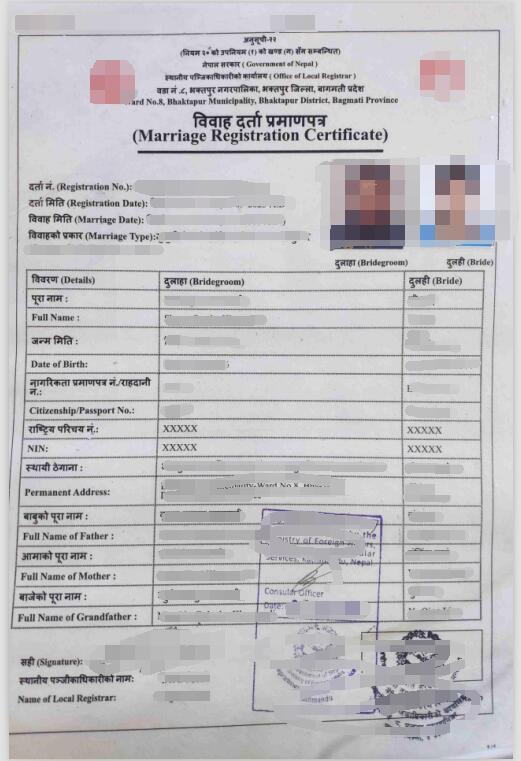翻譯新聞 News
譯潔威海翻譯公司介紹商務英語狀語從句的翻譯
來(lái)源:網絡 作(zuò)者:本站 發布時(shí)間(jiān):2019年10月28日 閱讀次數(shù): 次
英語狀語從句包括表示時(shí)間(jiān)、原因、條件、讓步、目的等各種從句。由于英漢語言表達習慣不同,在詞序和(hé)句子結構方面,均有許多(duō)差異。英語注重形合,大(dà)量使用關聯詞,叙述順序比較靈活,狀語位置可(kě)前置,也可(kě)後置;而漢語注重意合,語序比較固定,一般是先說時(shí)間(jiān),後說地點;先發生(shēng)的在前,後發生(shēng)的在後;威海翻譯公司原因在前,結果在後;條件在前,事實在後。為(wèi)了使譯文通(tōng)順易懂,翻譯時(shí)可(kě)不必拘泥原文結構形式以及結構之間(jiān)的關系。主要是要抓住它們所表達的語義,然後按照漢語表達習慣再現出來(lái)。為(wèi)了符合漢語表達習慣,可(kě)增添表示邏輯關系的漢語詞組或關聯詞。同樣也可(kě)将原文中雖有,但(dàn)在漢語譯文中成為(wèi)贅餘的詞組省略。
1. 英語原因狀語從句的翻譯
對于英語原因狀語從句,一般譯成中文表因果關系的複合句。
例 1 Because every factory or business established in SEZs is new,imports of production and consumer goods are exempted from customs duties.
譯文:由于在經濟特區(qū)建立的每一個(gè)工廠或企業是新的,所以進口的生(shēng)産資料或消費品均免征進口稅。(狀語從句在原文和(hé)譯文中均前置,但(dàn)漢語譯文中增加了“所以”二字)
例 2 Developing countries may have comparative advantages in transferring technical services as such services normally do not require a high level of investment by the supplier.
譯文:發展中國家(jiā)在轉讓技(jì)術(shù)服務方面可(kě)能有相對優勢,因為(wèi)供貨人(rén)一般不需要為(wèi)這樣的服務提供髙水(shuǐ)準的投資。(在這個(gè)句子中,狀語從句在原文和(hé)譯文中均後置,順序一緻)
例 3 Since their purchase from China is only a small part of their total sales,the cost of doing so is absorbed by ihe large profit margin of their own material.
譯文:由于他們從中國購進的貨物在其銷售總額中所占比重微乎其微,這一部分的高(gāo)成本已被他們出售自己商品所得(de)的高(gāo)額利潤所沖銷。(“由于”、 “因為(wèi)”是漢語中常常用來(lái)表“因”的關聯詞。
一般說來(lái),漢語表因的分句在表 果分句之前,英語則比較靈活。)
2. 英語時(shí)間(jiān)狀語從句的翻譯
英文中時(shí)間(jiān)狀語從句可(kě)以直譯為(wèi)中文的時(shí)間(jiān)狀語。
例 4 As soon as the new price-lists are ready,we shall be sending copies to all customers.
譯文:一俟新價格單印妥,我們就寄給所有的客戶。
例 5 Since business relations between our two banks resumed two years ago,the letters of credit opened by either bank have so far been directed through a third bank.
譯文:自從兩年前我們兩家(jiā)銀行(xíng)恢複業務關系以來(lái),各自開(kāi)立的信用證一直由第三家(jiā)銀行(xíng)保兌。
從以上(shàng)兩個(gè)例句我們看到:兩例譯文表示時(shí)間(jiān)的狀語置于句首,與原文—緻。
3. 英語讓步狀語從句的翻譯
英文中讓步狀語從句一般譯成中文表讓步的狀語。
例 6 Although not all published Chinese statistics tell the same story, there is no doubt, that visible trade has built up a substantial surplus.
譯文:雖然中國公開(kāi)的(關于無形貿易額)統計(jì)數(shù)字口徑并非一緻,有形貿易巳經積累起可(kě)觀的盈餘是不容置疑的。
例 7 Even when a country has become an exporter of hardware teohnolog, she will remain a net importer of software technology for a long time.
譯文:即使一個(gè)國家(jiā)成了硬件技(jì)術(shù)的出口國,在很(hěn)長一段時(shí)間(jiān)內(nèi),這個(gè)國家(jiā)仍将是軟件純進口國。
例 8 Now that we know each other well, we think there is no point to continue to open L\C through a third bank to add to the cost.
譯文:而今既然我們彼此已很(hěn)了解,沒有必要繼續通(tōng)過第三家(jiā)銀行(xíng)開(kāi)出信用證而加大(dà)業務成本了。
從這些(xiē)例句中可(kě)以看出:“雖然”、“盡管”、“即使”等是漢語中表示讓步的常用關聯詞,漢語中表示讓步的分句一般前置的為(wèi)多(duō),英語中則比較靈活。
4. 英語條件(假設)狀語從句的翻譯
英文中條件或假設狀語從句一般譯成中文的條件或假設狀語或分句。
例 9 If only half of the remainder ( say $11.5 billion of the total $23 billion) to be borrowed is raised from commercial sources it will still represent an annual average of $ 2.3 billion for each year of the five-year plan.
譯文:假如剩下的資金(比如說230億美元)的一半(115億美元)是從商業渠道(dào)籌措的話(huà),那(nà)仍意味着在五年計(jì)劃期間(jiān)年平均籌措資金額為(wèi)23億美元。
例 10 If the negotiations between the rich northern nations and the poor southern nations make headway,it is intended that a ministerial session in December should he arranged.
譯文:要是北方富國和(hé)南方窮國的談判獲得(de)進展的話(huà),就打算(suàn)在12月份安排召開(kāi)一次部長級會(huì)議。
從以上(shàng)幾個(gè)例句不難看出,“要是”、“如果”、“假如”等都是漢語表示“條件”或“假設”的常用關聯詞。在語氣上(shàng)“隻要/隻有”最強,“如果”最弱。英語中表示“條件”、“假設”的從句前置或後置比較靈活,漢語中這類從句一般前置。
5. 英語目的狀語從句的翻譯
英文中目的狀語從句一般譯成中文的目的狀語。漢語裏表“目的”的分句常用的關聯詞有“為(wèi)了”、“省得(de)”、“以免”、“以便”等。“為(wèi)了”往往用于前置分句,“省得(de)”、“以使”等一般用于後置分句。
例 11 But while we cannot close the gulf between us, we can try to bridge it so that we may be able to talk across it.
譯文:雖然我們不能彌合我們之間(jiān)的鴻溝,但(dàn)是我們卻能夠設法搭一座橋,以使我們能夠越過它迸行(xíng)會(huì)談。



















